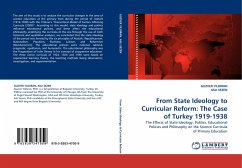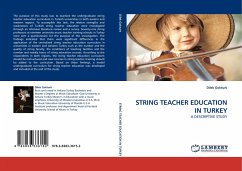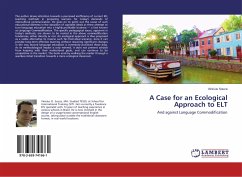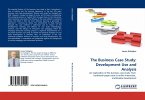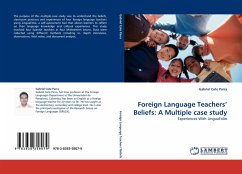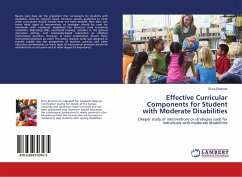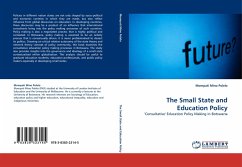The aim of this study is to analyze the curricular changes in the area of science education at the primary level during the period of Atatürk (1919-1938) with the Y ld ran's Hierarchical Model of Factors Affecting Curricula (2006) . According to this model, state ideology and politics influence educational policies, and these affect the educational philosophy underlying the curricula of the era.Through the use of both historical and qualitative analyses, we concluded that the state ideology of the period was formed by the six principles of Atatürk: Republicanism, Nationalism, Populism, Étatisme, Laicism, and Reformism (Revolutionism). The educational policies were national, rational, pragmatic, egalitarian, and humanistic. The educational philosophy was the Pragmatism of John Dewey in his concept of progressive education. The three cience curricula of 1924, 1926 and 1936 were based on experiential learning theory, the teaching methods being observation, investigation, and experimentation.
Bitte wählen Sie Ihr Anliegen aus.
Rechnungen
Retourenschein anfordern
Bestellstatus
Storno

